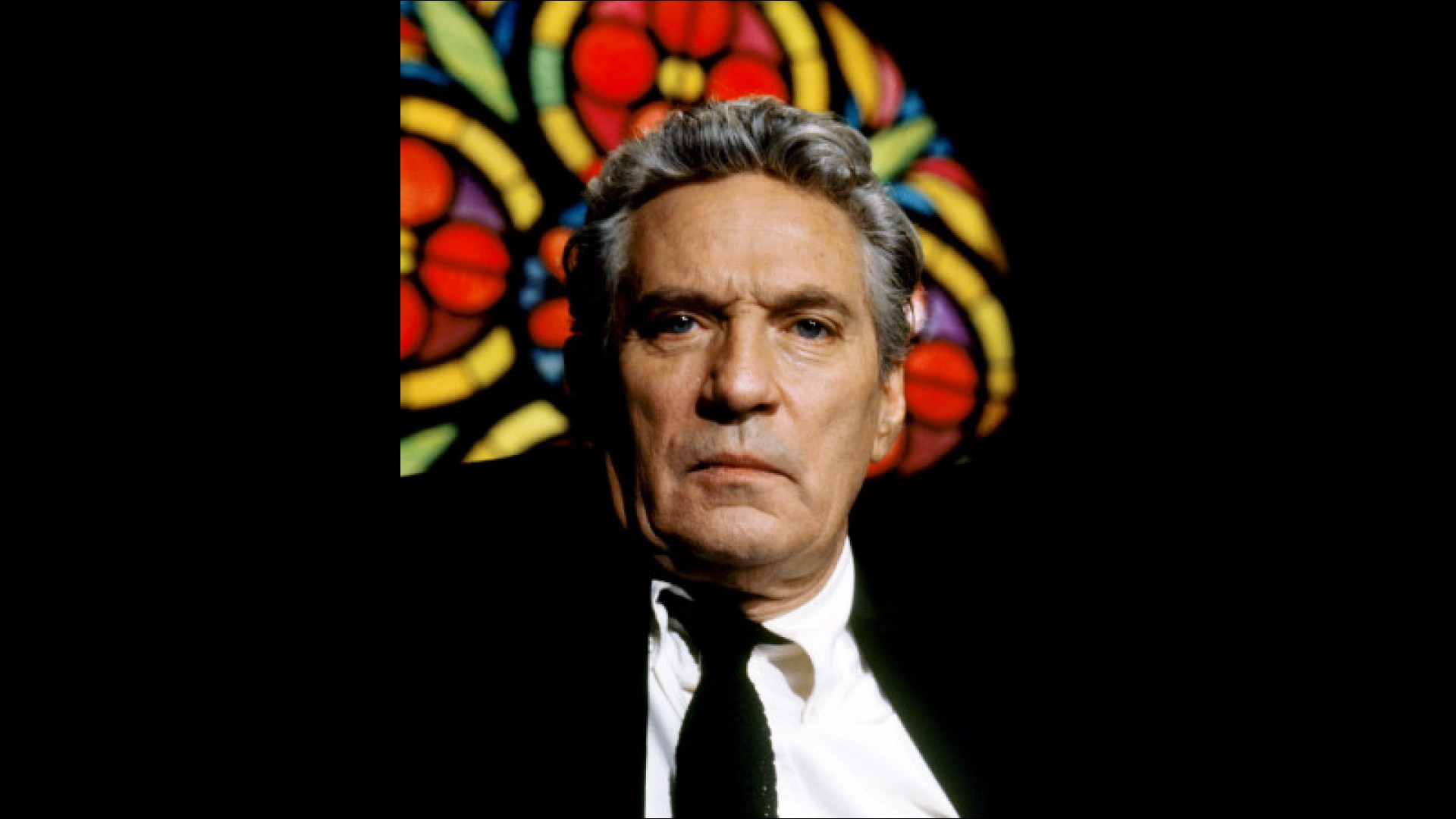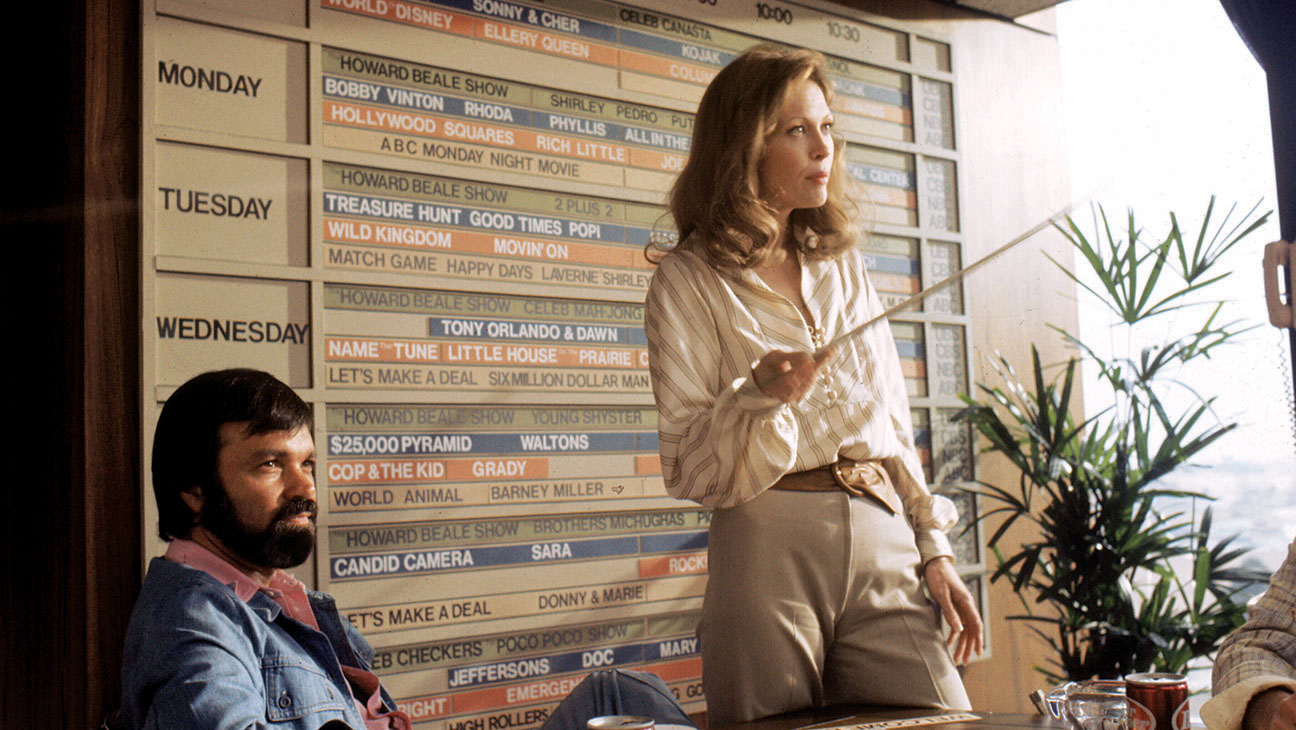5. The Popular Doomsayer

Having hope for the future is a popular notion, depending on your allegiance. Obama’s campaign slogan, ”Change we can believe in,” gave his followers unbridled jubilation, while his opponents reacted to it with furious antagonism. Likewise, to many, Trump stands for the decline of liberal values, the loss of what’s been gained, the force of going back to an uncertain and potentially apocalyptic future.
If you’re an avid FOX News follower, you will have likely have seen various pundits explain why Hillary Clinton as president will spell out a certain doom. If you’re an MSNBC watcher, you will likely have seen the various soundbites and tall-tales of Trump’s incomprehensible ineptitude.
But apart from television, one can easily visit YouTube and watch Alex Jones scream like a lunatic about the covert communist uprising hidden within the Democratic party. There is Glenn Beck and his out-there theories about the dark links between the Democrats and the fascists of the past. One can laugh at such characters, but these doomsayers are popular.
Even infamous comedians take cues from that; for instance, George Carlin was revered not just for being one hilarious dude, but also for his poignant social commentary. People knew Carlin wasn’t holding back or sweet-talking them. He told the brutal truth in his own idiosyncratic and unforgettable way and that’s just what people want; someone who’s real, someone who can talk the talk.
In a way, these people took a cue from Howard Beale. Finally, a man stands up and tells the people how we are all getting screwed, how things are not as rosy as our leaders proclaim they are.
For this reason, Trump rose to popularity as well, notwithstanding that much of what he said was utter malarkey. But to millions, he seemed real; in fact, he was real! He riffed his way onstage without clinging to politically correct soundbites like all those zombies from Washington, and people loved it.
However, the sad thing, as with Trump, is that these doomsayers are not like Howard Beale. Many of them are just as politically conniving as the politicians about whom they spew bile. Like Beale, maybe it’s not so much truth but madness that guides their apocalyptic preaching. And if we’re indeed going to hell, don’t follow the mad men, because they inadvertently know a shortcut.
6. The Anti-Establishment Theme Used by Both the Left and Right

This election, as well as the political climate of this past year, has been boiled down as being “the rise of the anti-establishment.” Much like the Brexit vote, Trump voters loathed the establishment, signaling them out for what has happened to their country and their declining paychecks.
“Network” was a movie that came out in the 70s, and that decade a period of heavy anti-establishment sentiment. As the hippies were beginning to wake from their utopian dreams, others were seeing intimate photographs of the utterly useless carnage transpiring in Vietnam. When finally the president himself was suspected of corruption, it only made people more disillusioned.
The time of Old Hollywood was over; in the 70s, renegade filmmakers were experimenting with unconventional themes and techniques. They had so much more freedom in those days, and this went on until a certain shark movie and space movie changed everything, reminding the studio of just how much money they could make.
And so, “Network” was born as well. Though the movie doesn’t necessarily cling to one party or another, it is undoubtedly an indictment of the lies of those in power. The anti-corporate message would not be shared by the decade that followed; money, men in suits, and a Randian philosophy would become the norm, and the worker bees were told to buck up and listen to what the president says.
The anti-establishment theme was not only popular this year with Trump supporters, but also on the left, and it probably cost Clinton the election. Bernie Sanders’s popularity came from disillusioned people on both the left and the right, and though both Trump and Sanders charged forth into establishment-based parties, neither candidate was popular among their establishment peers (though as we see with Trump’s election, they would eventually side with power).
7. The Rise of Corporate Cosmology

Finally, the most poignant reason for the current relevance of “Network”, aside from the aforementioned reasons or the simple fact that it’s an extremely powerful film, is that it portrayed the utopia of the global economy. It showed a brave new world; one where the plight of business rules all. The wars of the new world would not be fought due to ideological differences; it would be about constructing a balance between all the multi-national corporations around the world.
The film’s seminal monologue isn’t actually “I’m mad as hell,” it’s Arthur Jensen’s monologue to Howard Beale. In this scene, Beale, after inciting his viewers to give angry calls to their congressmen, is send to Arthur Jensen, the CCA Chairman and the true villain of the picture.
Thanks to Beale’s efforts, powerful Arabs have seized a business deal, and this stops the flow of money to the right people. In this scene, Jensen appears as a preacher for the global conglomerate, converting Beale regarding the inevitable new world that is upon us.
”You are an old man who thinks in terms of nations and peoples. There are no nations. There are no peoples. There are no Russians. There are no Arabs. There are no third worlds. There is no West. There is only one holistic system of systems, one vast and immane, interwoven, interacting, multivariate, multinational dominion of dollars.
Petro-dollars, electro-dollars, multi-dollars, reichmarks, rins, rubles, pounds, and shekels. It is the international system of currency which determines the totality of life on this planet. That is the natural order of things today.”
This was before Ronald Reagan would describe the same world, but he explained it in terms of Christian values and American patriotism. After the collapse of the Berlin Wall, Francis Fukuyama claimed that capitalism was the definitive winner, the true savior among them all. To many, capitalism is the answer. It transcends the good and evil that is inherent in human ideology, and it’s the focus on selfish gains that, in the end, benefits the whole of mankind.
The strength of Chayefsky’s vision wasn’t that he foresaw the rise of corporatism; it’s that he foresaw the fanatical cult of the free market. It’s portrayed as a non-ideology, based on science, but in the end would become just another philosophy based on faith rather than a purely objective reality. Arthur Jensen was just one of many and Howard Beale saw that there was no stopping it. The viewer didn’t like what they were hearing and the ratings dropped.
Because, as it is often the case, people like hearing the truth up to a certain degree, and then you’d better shut up. Or maybe, in a different perspective, they mourned the person he was and saw that he’d become a corporate shell of his former self (controlled by Jensen’s magnetic persuasions). The truth is up to you, the viewer, or as Howard Beale would call us, the real thing.
Author Bio: Chris van Dijk is a writer and a self-proclaimed cinematic-connoisseur who started his unhealthy obsession with film at a very young age. He’s famous for being an incredible slob, taking himself way too seriously and getting along brilliantly with anyone who agrees with him.